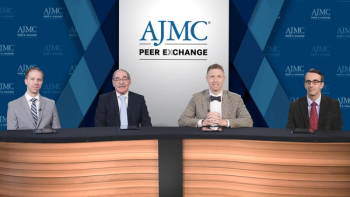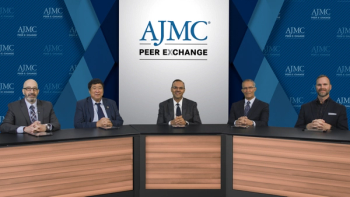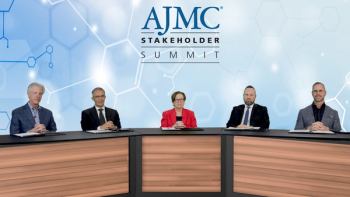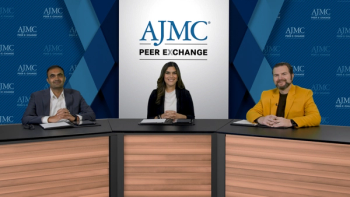
Panelists discuss how immunoglobulin A (IgA) nephropathy treatment has evolved to include supportive care with optimized blood pressure control and renin-angiotensin system blockade as first-line therapy, with increasingly targeted immunomodulatory approaches for higher-risk patients showing persistent proteinuria.









